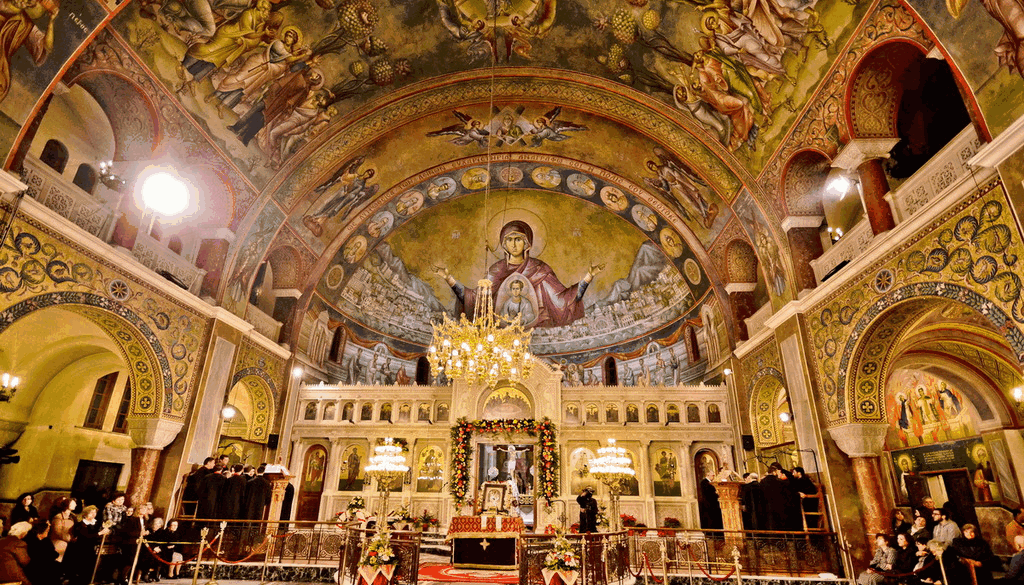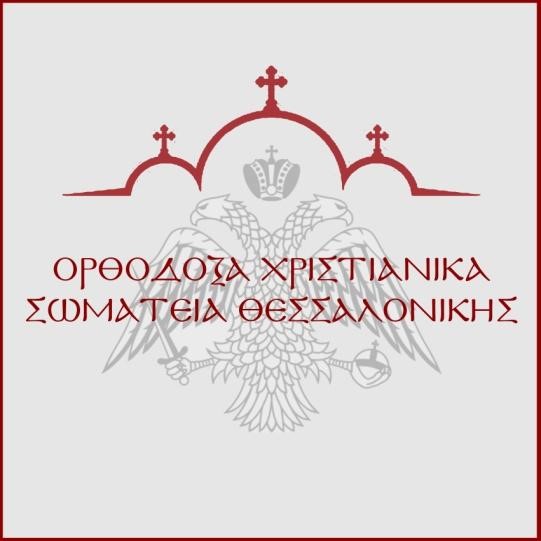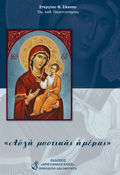1. THE PRAYERS OF THE FAITHFUL
1b. Conscience
 The priest, standing before the altar, says the first prayer of the faithful. This prayer refers to “conscience”, specifically, the priest who is to offer the Sacrament of the Holy Eucharist must have a clear conscience. But what is conscience?
The priest, standing before the altar, says the first prayer of the faithful. This prayer refers to “conscience”, specifically, the priest who is to offer the Sacrament of the Holy Eucharist must have a clear conscience. But what is conscience?
We can mention two persons as examples. They are involved in Christ’s Passion: Peter and Judas. Peter, the zealous disciple of Christ, boldly proclaimed that he would never betray his Lord, even if all the others did. Christ, however, told Peter: “Before the rooster crows tonight you will say three times that you don’t know me” (Mt 26,34). And so it happened. On the night of Holy Thursday, he watched the Divine Drama, hiding his own drama. His fear dominated him completely. He trembled with fear of being recognized as a disciple and arrested. Three times betrayed the Lord with curses and denials.
Certainly, his conscience existed but it was asleep. With the crow of the rooster his conscience woke up. Just then Christ was passing through the courtyard and his glimpse affected him. Aware of his sin Peter went out and wept bitterly. However, with the help of the Divine Grace he repented and God’s peace returned to his heart.
Judas was one of the Twelve but his sin was greater than Peter’s. Peter denied Christ from fear, but Judas betrayed Him from avarice. He sold his Teacher for thirty coins, the price of a slave. When he accepted the purse of the coins his conscience was diseased, darkened, distorted by avarice. Later, when he learnt that Christ was condemned, his conscience woke up. Like a stormy, troubled sea, it cast up great waves of despair, trying to drown him. Completely alone without the help of the Divine Grace, he fought the raging waves but he was overwhelmed by them. In despair, he ended his own life. He hung himself. Selfish people may kneel down and repent but avarice hardens the heart, darkens and confuses the mind.
Conscience is the faculty of the soul which distinguishes good from evil. It is a natural part of man’s soul. Adam and Eve, the first to sin, felt the remorse of conscience and tried to hide from God’s sight. Cain, the first murderer, could never calm himself. The voice: “Cain, Cain where is your brother?” would not leave him in peace. As St. Chrysostomos said, it is better to be stung by a scorpion than by the conscience. When our passions roar in our souls, the voice of conscience can’t be heard. However, when Christ will be back to judge the world, the voice of our conscience will be endless and unbearable. It will be an eternal damnation.










